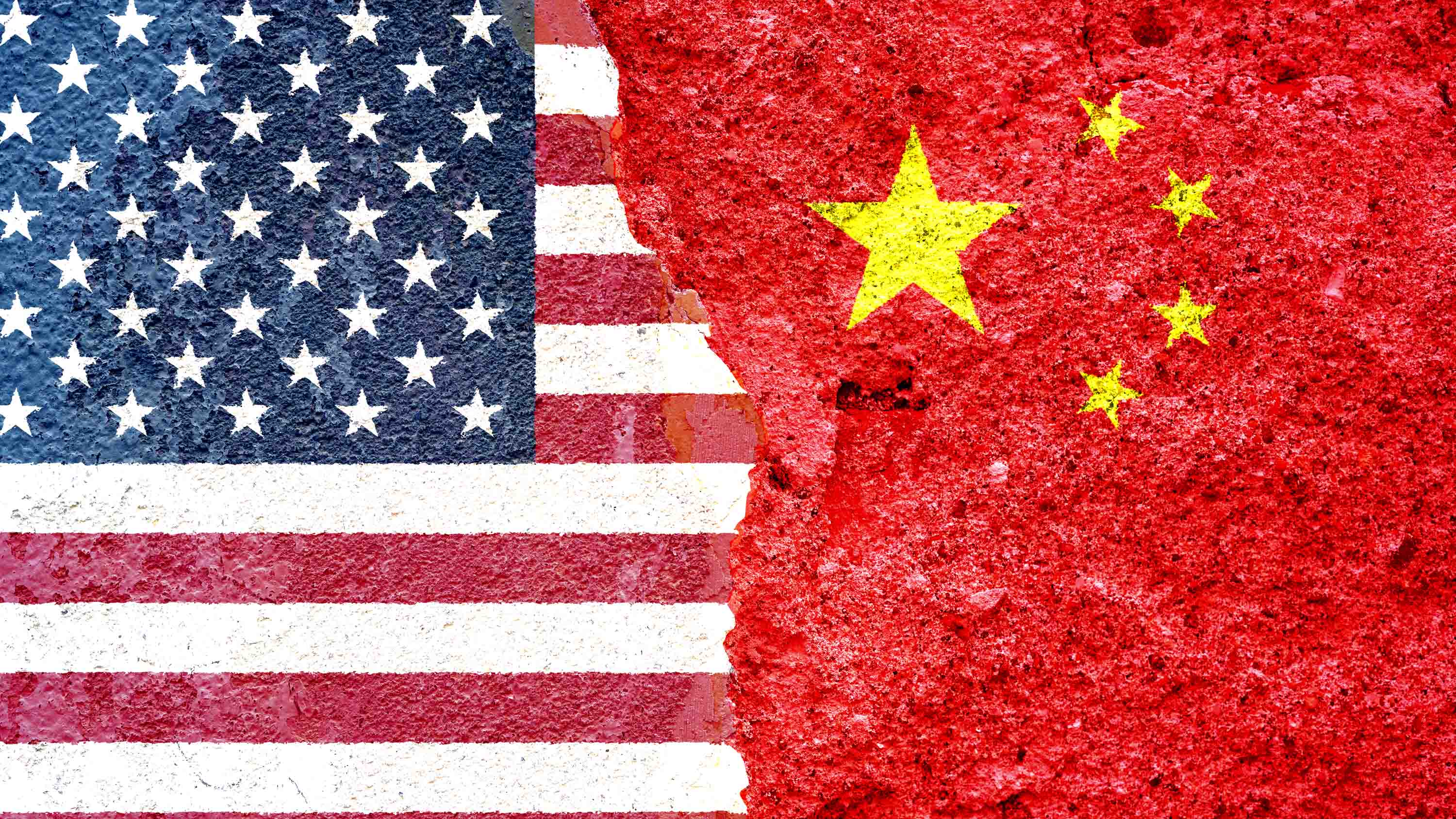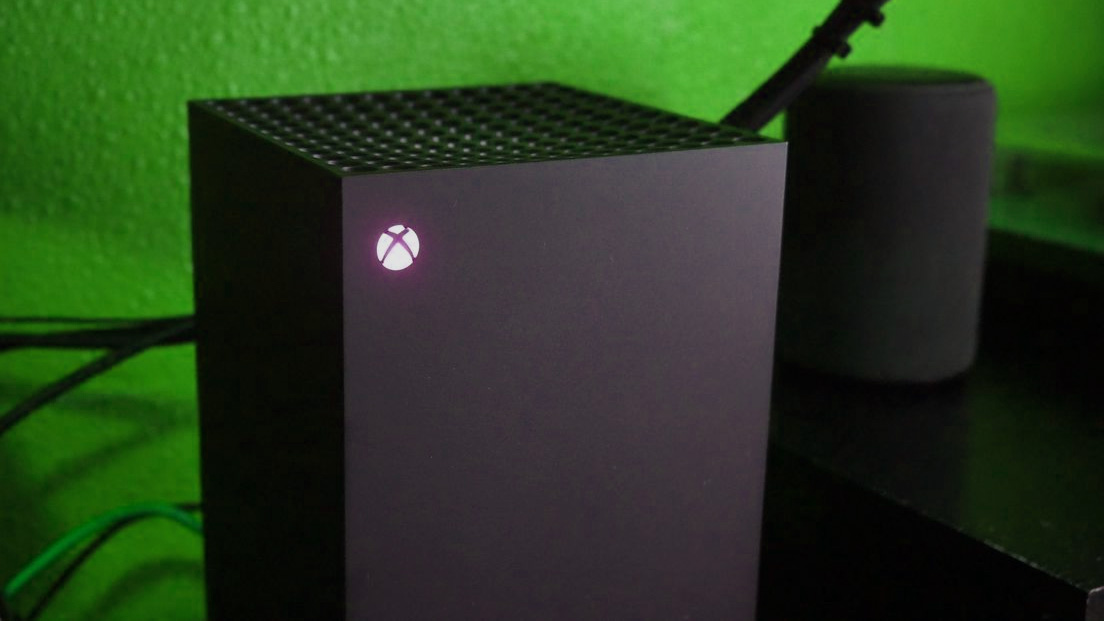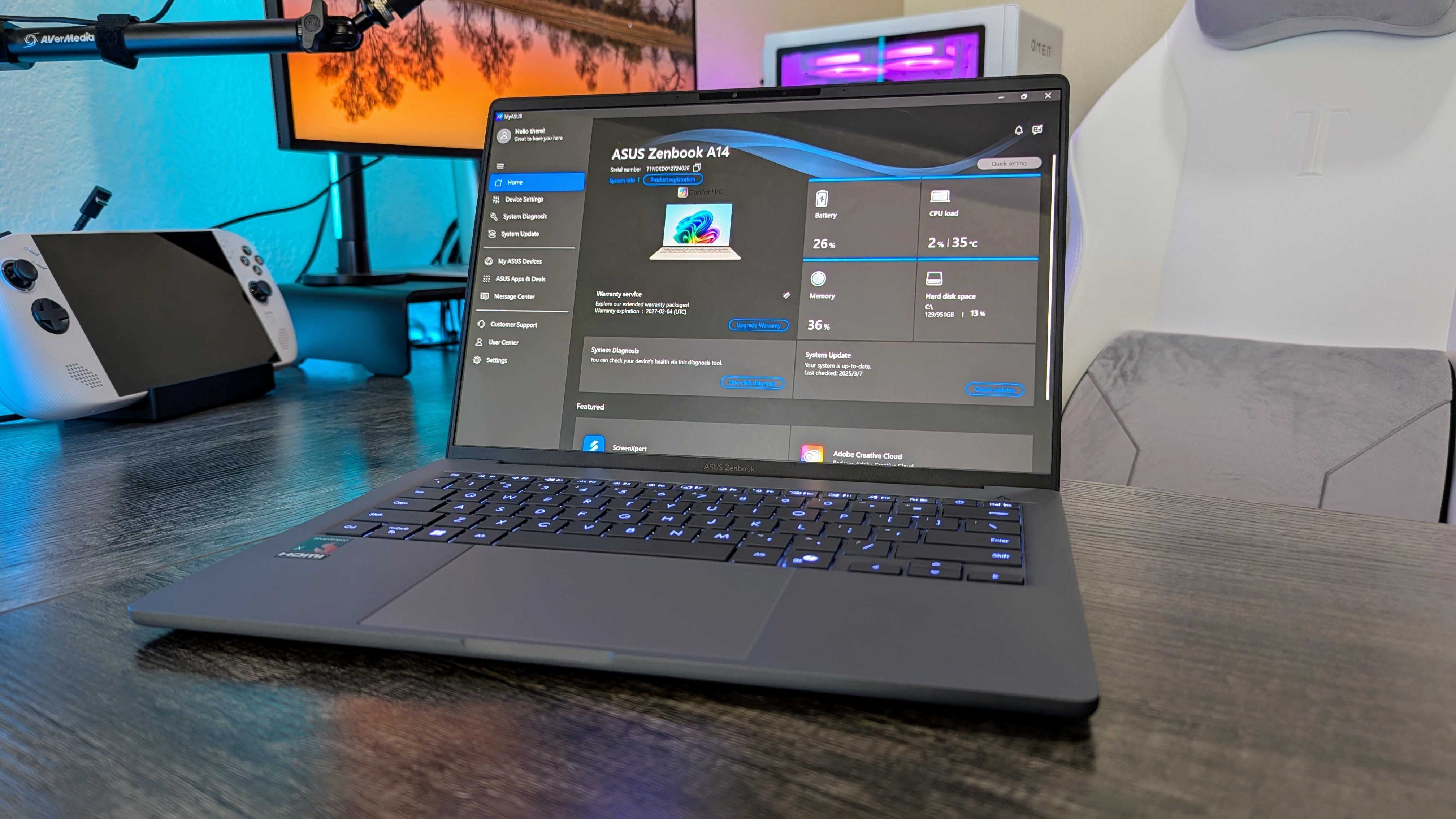US and China agree to pause most tariffs for 90 days — how will this affect tech prices?
Long-term plans between the United States and China could follow the recently announced 90-day pause of reciprocal tariffs.

All the latest news, reviews, and guides for Windows and Xbox diehards.
You are now subscribed
Your newsletter sign-up was successful
The United States and China have agreed to pause several tariffs for 90 days. The agreement sees reciprocal tariffs between China and the United States reduced greatly.
The agreement reduces U.S. tariffs on Chinese goods from 145% to 30%, and China's tariffs on American goods from 125% to 10%, marking a significant de-escalation in the trade dispute.
A 20% duty charge on imports from China related to fentanyl stays in place, meaning the total tariff for those goods sits at 30% during the pause. CNBC first reported on the 90-day stoppage.
"We had very productive talks and I believe that the venue, here in Lake Geneva, added great equanimity to what was a very positive process," said U.S. Treasury Secretary Scott Bessent.
“We have reached an agreement on a 90-day pause and substantially move down the tariff levels. Both sides on the reciprocal tariffs will move their tariffs down 115%,”
The pause goes into effect on Wednesday, May 14, 2025.
A later report by CNBC confirmed that Bessent plans to meet with China to work on a long-term deal.
All the latest news, reviews, and guides for Windows and Xbox diehards.
"I would imagine in the next few weeks we will be meeting again to get rolling on a more fulsome agreement," said Bessent on CNBC’s Squawk Box.
How will tariffs affect tech prices?

The nature of the ongoing US trade war breeds uncertainty. Tech companies have been forced to make dramatic changes following several tariff proposals, announcements, and pauses.
Generally speaking, tech companies cannot start and stop sales or increase and decrease prices at the drop of a hat. Companies can adjust prices and availability based on tariffs or other factors, but there needs to be a balance between short-term and long-term sales.
This year, we've seen Razer pause the import of new devices and prices of the Legion Go S and MSI Claw increase. Xbox Series X and Xbox Series S prices went up as well.
A recent study explained that console prices could go up by 69% and that the cost of other electronic devices could skyrocket. That study was made under the assumption the 145% tariff affecting certain Chinese goods would go into effect.
The United States and China reportedly plan to meet about further plans, so we may not see price increases hit those levels.
This is an ongoing story, and it will be updated as more information becomes available.

Sean Endicott is a news writer and apps editor for Windows Central with 11+ years of experience. A Nottingham Trent journalism graduate, Sean has covered the industry’s arc from the Lumia era to the launch of Windows 11 and generative AI. Having started at Thrifter, he uses his expertise in price tracking to help readers find genuine hardware value.
Beyond tech news, Sean is a UK sports media pioneer. In 2017, he became one of the first to stream via smartphone and is an expert in AP Capture systems. A tech-forward coach, he was named 2024 BAFA Youth Coach of the Year. He is focused on using technology—from AI to Clipchamp—to gain a practical edge.
You must confirm your public display name before commenting
Please logout and then login again, you will then be prompted to enter your display name.
